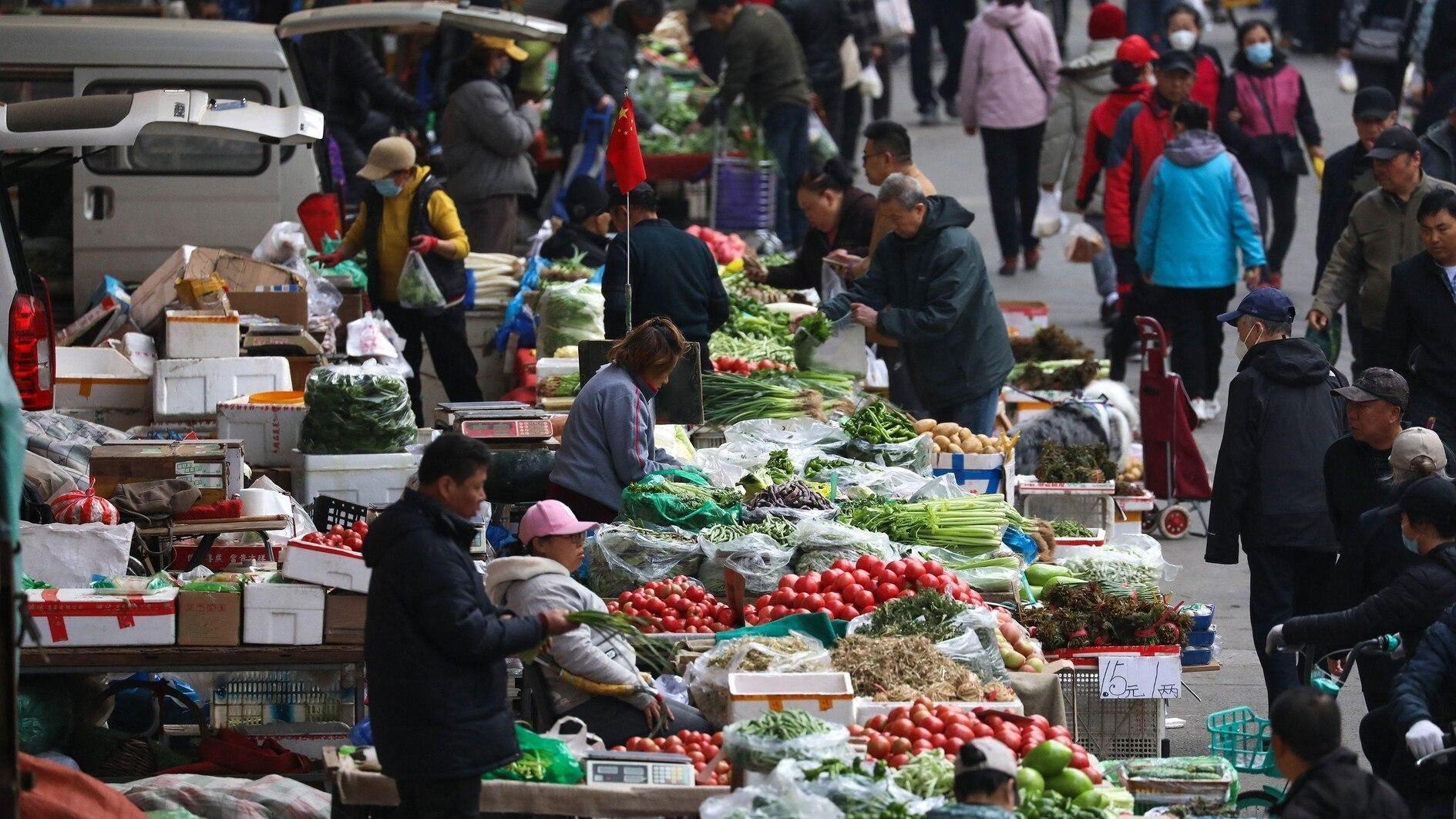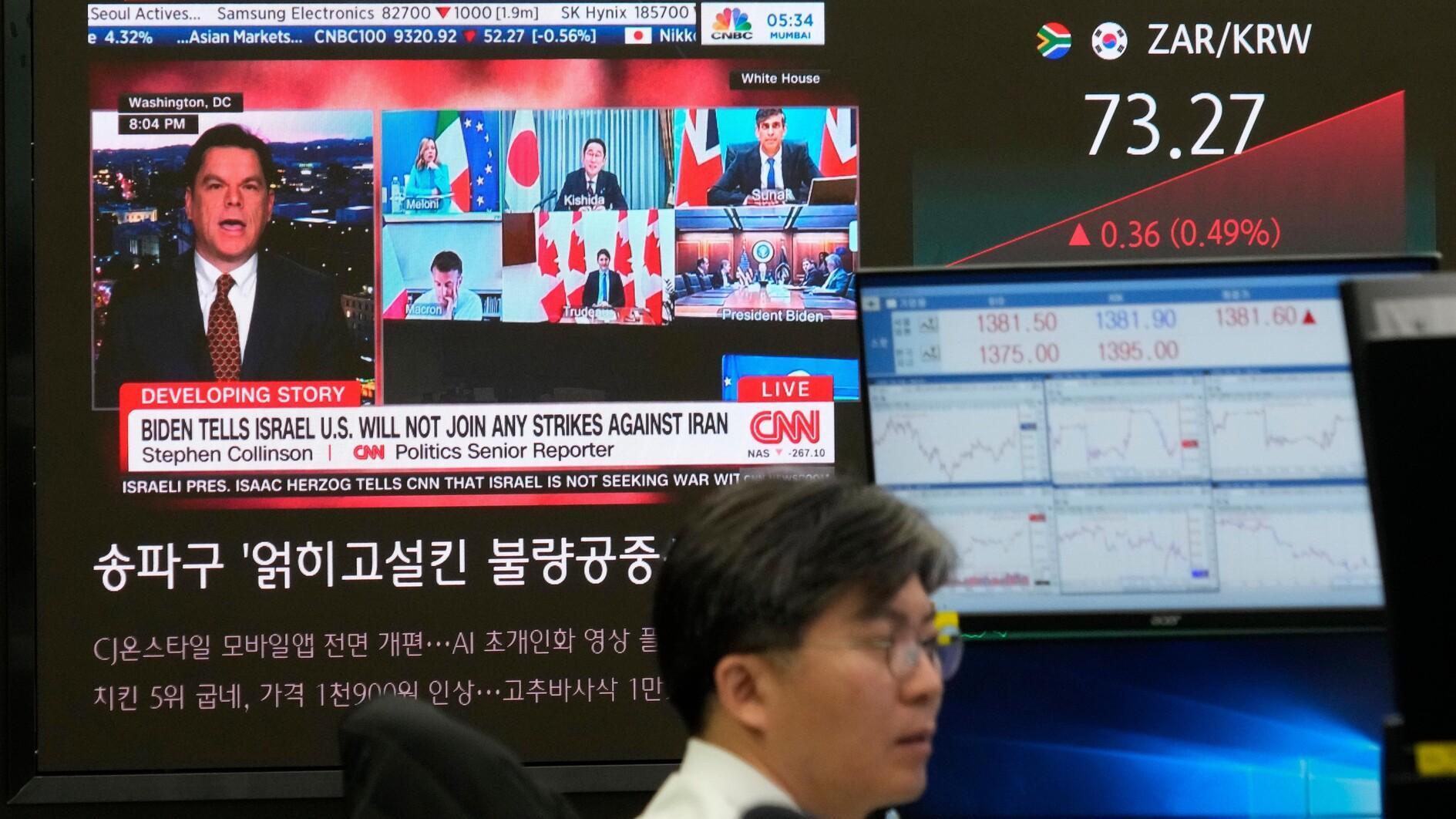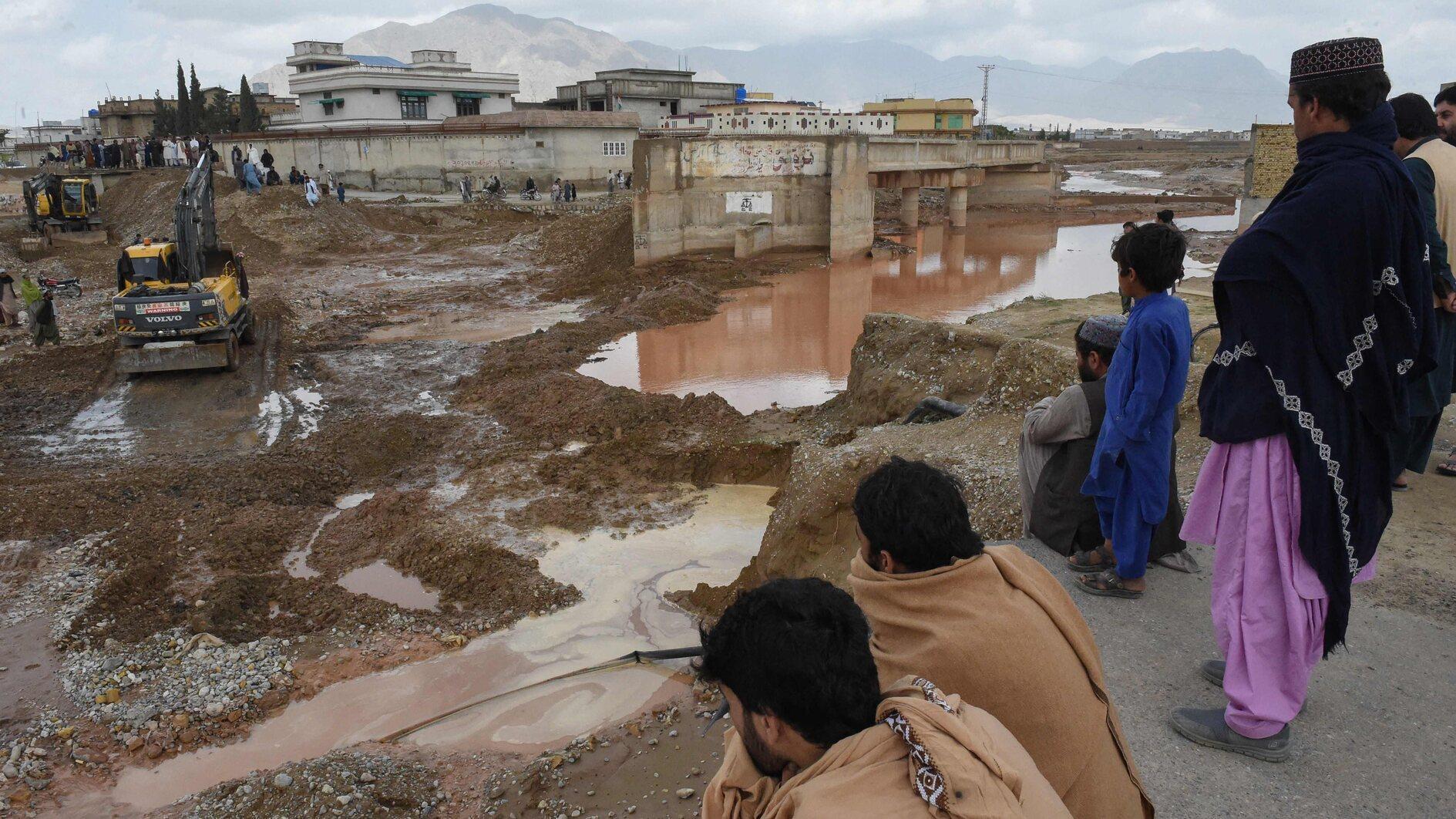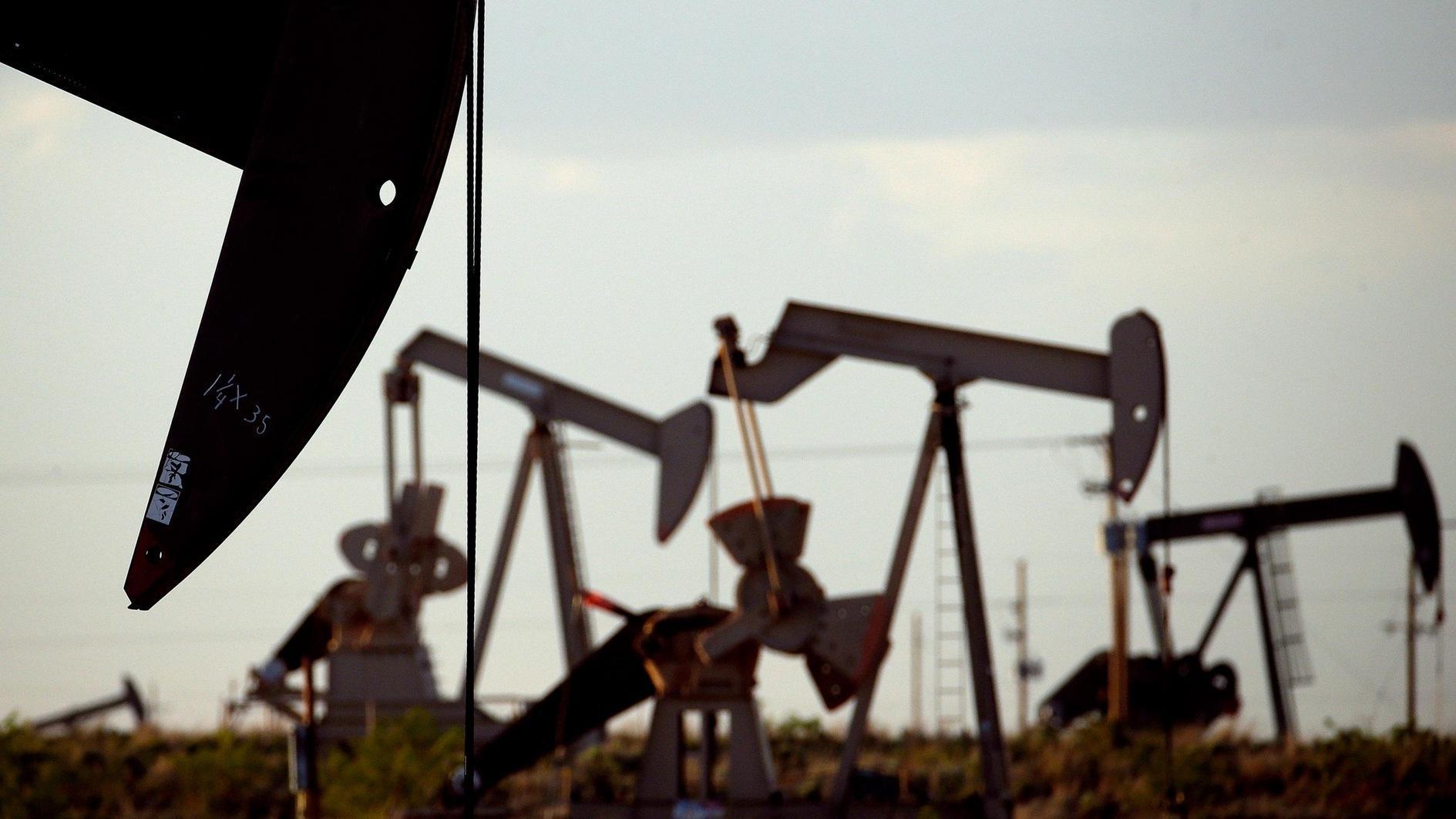Will Turkey’s main opposition leader be sent to jail?
I was asked recently by a western media outlet whether it was conceivable that main opposition Republican Peoples Party (CHP) leader Kemal Kılıçdaroğlu could be arrested, on charges ranging anywhere from treason to aiding and abetting terrorism. My response was that such a move was inconceivable, based on the assumption that this would be “a step too far.”
I am not so sure anymore – particularly after President Recep Tayyip Erdoğan recently suggested that the investigation that led to the arrest and conviction to 25 years in jail of CHP deputy Enis Berberoğlu for leaking state secrets to the press could be expanded to include Kılıçdaroğlu.
If we are to judge by what Hürriyet columnist Abdulkadir Selvi, a known Erdoğan sympathizer, has said, this suggestion has also resulted in concerns being felt within the ruling Justice and Development Party (AKP), led by President Erdoğan.
“But despite this they are determined to go after Kilicdaroglu because they believe they have caught the CHP leader in his weak point,” Selvi wrote in his column on Aug. 21.
It is more likely that although AKP officials are concerned about negative political fallout if Kılıçdaroğlu is arrested, they are even more worried about the political headway he made after his recent “Justice March” from Ankara to Istanbul to protest the arrest of Berberoğlu. The CHP says its MPs’ conviction has more to do with politics than the law.
Erdoğan belittled that march, which captured public attention at home and abroad. He has repeatedly stressed that everyone should be aware that the authorities protected Kılıçdaroğlu and his supporters as they marched. This intimates that the security forces could have chosen not to protect the leader of the main opposition, which is just another testament to the state of affairs in Turkey today.
Erdoğan and the AKP are still smarting from the fact that the political scene has not stabilized in the way they wanted after their lackluster performance in the constitutional referendum in April. They won that vote by a slim margin, effectively enabling Erdoğan to become Turkey’s sole ruler, but it will not be a done deal until the 2019 parliamentary and presidential elections.
They also lost the referendum in all of Turkey’s major cities, as well as on the Aegean and Mediterranean coastline, notwithstanding the fact that the Organization for Security and Cooperation in Europe (OSCE) declared the vote “unfair and irregular.”
This does not auger well for them with regard to the presidential and general elections in 2019, after which Erdoğan’s executive presidency comes into force in earnest. They need a convincing victory in 2019 in order to legitimize Erdoğan’s rule politically in the eyes of the world.
There is also Meral Akşener, a rising conservative and nationalist - but also staunchly Kemalist – politician. Akşener is in the process of establishing a new party that Erdoğan and the AKP may have to contend with in 2019. She is already popular and could be the wildcard that many in this country are hoping for.
Devlet Bahçeli, the head of the Nationalist Movement Party (MHP) - which effectively acts as the AKP’s coalition partner - alienated many people by supporting Erdogan’s presidency. Political analysts suggest that many MHP supporters will opt to switch to Akşener’s party in 2019.
Kılıçdaroğlu, therefore, is not the only headache for Erdogan and the AKP.
In order to curb Kılıçdaroğlu’s rising popularity, it is not inconceivable that pro-Erdoğan elements within the judiciary may send him to prison, even if this will ultimately work to Kılıçdaroğlu’s political advantage – which is what AKP members concerned by Erdoğan’s remark about the CHP leader are really worried about.
It is also likely that a smear campaign will be initiated against Akşener prior to 2019.
The next two years will be the crucial for Turkey’s endangered democracy. It is also evident that Turkey will remain politically turbulent for the foreseeable future. What comes after that is anyone’s guess.











